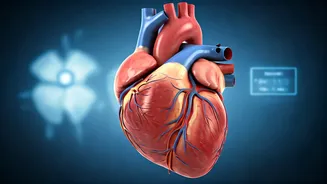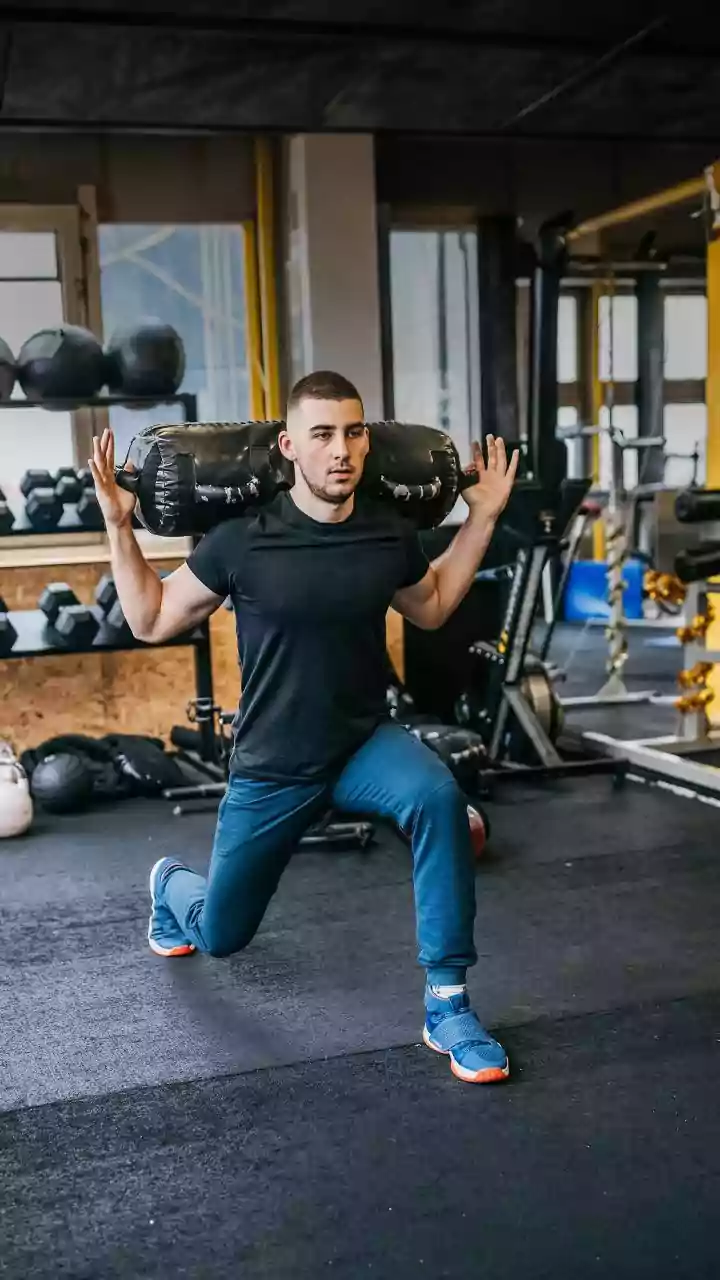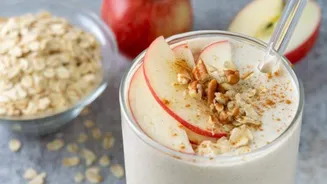Understanding Biological Age
Biological age, unlike chronological age, measures how well your body functions. It reflects the condition of your cells, tissues, and organs. Factors
like lifestyle, diet, and exercise heavily influence biological age. While chronological age simply reflects the time elapsed since birth, biological age provides a more accurate picture of one's health status. A person could be chronologically older but have a younger biological age if they maintain a healthy lifestyle. Conversely, an individual might be younger chronologically but possess a higher biological age due to poor habits. The goal of many health and fitness regimens is to minimize the difference between these two ages, aiming for a younger biological age. Several tests can estimate biological age, including blood tests and assessments of physical fitness.
The 'Magic Pill' Revealed
While there's no single 'magic pill,' fitness coaches often point to holistic approaches to potentially reverse biological age. These approaches usually involve a combination of several factors. Exercise, particularly a mix of cardiovascular workouts and strength training, is frequently recommended. Cardiovascular exercise improves heart health, while strength training builds muscle mass. Diet also plays a critical role. A balanced diet, rich in whole foods, fruits, vegetables, and lean proteins, provides the body with essential nutrients. Staying adequately hydrated is also emphasized, as water supports numerous bodily functions. Sufficient sleep, usually seven to nine hours, allows the body to repair itself. Additionally, managing stress levels through meditation, yoga, or other relaxation techniques is important.
Exercise for Reversal
Exercise is a cornerstone of any strategy to potentially reverse biological age. A well-rounded exercise plan includes different types of activities. Cardiovascular exercise, such as running, swimming, or cycling, enhances heart health and improves blood circulation. Aim for at least 150 minutes of moderate-intensity or 75 minutes of vigorous-intensity aerobic exercise per week. Strength training builds muscle mass, which declines with age. Include exercises that work all major muscle groups at least twice a week. Flexibility exercises, like stretching or yoga, improve mobility and reduce the risk of injuries. High-intensity interval training (HIIT) can also be effective; it involves short bursts of intense exercise followed by brief recovery periods. Consistency in your exercise routine is more important than extreme workouts; gradually increasing the intensity and duration over time can help.
Dietary Strategies Explored
Dietary choices significantly impact biological age. The focus should be on nutrient-dense foods, avoiding highly processed items. A diet rich in fruits and vegetables provides essential vitamins, minerals, and antioxidants, which combat cellular damage. Prioritize whole foods over processed alternatives. Lean proteins, like those found in fish, poultry, beans, and tofu, support muscle maintenance and repair. Healthy fats, such as those found in avocados, nuts, and olive oil, are also important. Limit added sugars and refined carbohydrates, as they can contribute to inflammation and accelerate aging. Consider incorporating specific foods known for their anti-aging properties, such as berries, leafy greens, and fatty fish. Portion control is also key; overeating can lead to weight gain and increase biological age. Drinking adequate water daily is essential for overall health.
Sleep and Stress Management
Sleep and stress management play crucial roles in maintaining a youthful biological age. During sleep, the body repairs and rejuvenates cells. Aim for seven to nine hours of quality sleep each night. Establish a regular sleep schedule and create a relaxing bedtime routine to improve sleep quality. Stress is a significant contributor to accelerated aging; chronic stress releases cortisol, which can damage cells and promote inflammation. Practicing stress-reducing techniques can counteract these effects. Mindfulness, meditation, deep breathing exercises, and yoga are effective methods for managing stress. Regular physical activity can also reduce stress levels. Make time for activities you enjoy, cultivate social connections, and seek professional help if stress becomes overwhelming. Creating a balanced lifestyle that prioritizes both sleep and stress management helps to slow down the aging process.
Other Lifestyle Adjustments
Beyond exercise, diet, sleep, and stress management, other lifestyle factors impact biological age. Avoiding smoking and excessive alcohol consumption is essential. Smoking damages cells and accelerates aging; alcohol can also have negative effects. Limit exposure to environmental toxins and pollutants, which contribute to oxidative stress. Maintaining a healthy social life and engaging in mentally stimulating activities can also have positive effects. Regular check-ups with your doctor are important to monitor your health and detect any potential issues early on. Consider incorporating intermittent fasting, which has been shown to have various health benefits. Staying active in your community and pursuing hobbies you enjoy can also contribute to a healthier and more youthful biological age. By adopting a comprehensive approach that considers all these factors, individuals can potentially make significant strides in reversing their biological age.




















